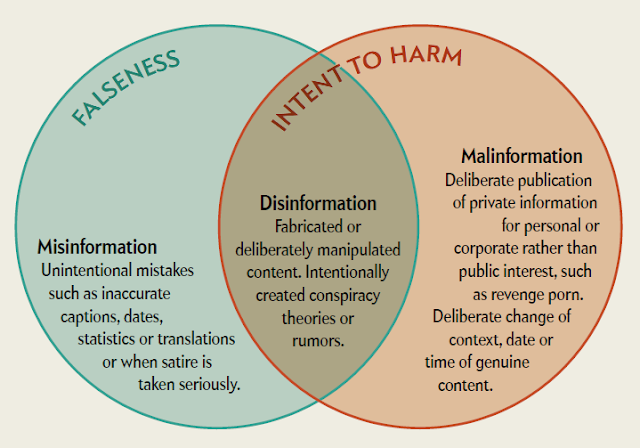Disobedience is a greater sin than murder, unchastity, theft and dishonesty …
— Martin Luther (1483 – 1546)
Scott Stevens:
Dead Poet's Society demonstrates why Aristotle did not believe that you should teach children to think for themselves.
Because the first thing they need to be taught is obedience.
In other words, respect for a master; someone who knows more than they do.
The next thing they need to be taught is the proper place of the moral emotions.
They need to be able to feel what is good, [to] feel what is beautiful, before they should be empowered to think for themselves — much less [to] think critically.
Dead Poet's Society is this orgy of free thinking and the wilful casting off of tradition.
That is the least moral approach [to] how these sorts of things ought to be taught in schools. …
If we're thinking about ethics as critical thinking … or even [of] empowering kids to think for themselves and simply not adopt tradition, or whatever their parents said, especially at an early age … this is nihilistic.
This is a recipe for disaster.
And, in fact, it's a counter-ethical or anti-ethical position to take.
(Does ethics belong in schools?, The Minefield, 13 October, 2016)
Pokemon Go is the harbinger of the end of the world as we know it.
(Pokémon Go: Revolution, Fad or Omen?, 7 July 2016)
Alvin Toffler (1928 – 2016):
… Herbert Spencer maintained that:Education has for its object the formation of character— which, freely translated, means the seduction or terrorization of the young into the value systems of the old.
(Future Shock, Pan, 1970, p 377)
I Am Special
Lynne Malcolm:
[A] study of 15,000 college students in the US [by Jean Twenge and Kevin Campbell] showed that those from today's generation scored significantly higher on narcissistic personality traits than those from the two generations before.
Jean Twenge (1971) [Assistant Professor of Psychology, San Diego State University]:
[The] key difference between self-esteem and narcissism [is that somebody] high in self-esteem values individual achievement but they also value their relationships and caring for others.
Narcissists are missing that piece about valuing, caring and their relationships, so they tend to lack empathy, they have poor relationship skills.
[Those] communal and caring traits tend to be high in most people with self-esteem but not among those who are high in narcissism. …
[There] is a book called Good to Great that looks at the CEOs of companies …
[It turns out] that the most successful CEOs were not the narcissistic ones, it was those who were humble and hard-working and gave their teams credit.
They were team players, they got along well with others. …
So in a stock market simulation … when the stock market is going up, people who score high in narcissism, they do well, but the minute it goes down they crash harder than everyone else. …
[There is evidence of a] generational shift toward more narcissism … across many age groups …
- there is more materialism,
- that plastic surgery rates have gone up so much,
- that people are buying bigger houses so each person can have more space,
- that there is troubles in relationships. …
[People who are narcissistic … are actually less successful [in the long run] because they take too many risks, they are overconfident instead of just confident.
[And they] tend to alienate other people because they don't care about others.
[The] key to success, sure, having some self-efficacy, which is different from self-esteem, thinking — yes, I know I can do this — that's beneficial.
Self-control and hard work, that's beneficial.
And perspective-taking, something that narcissists don't do very well, to take someone else's perspective, to think about what it's like to walk around in their shoes.
That is so useful for getting along with people, whether that's at work or in your relationships.
[So it is] those qualities — self-efficacy, self-control, perspective-taking [— that] are actually more likely to lead to success than self-esteem or narcissism. …
[There] is some indication that is a little more interest in social problems and … caring for others than there was five or six years ago.
So the recession … may put the brakes on some aspects of narcissism.
[The] interesting question is what's going to happen when the economy comes back?
Will the caring and concern for others and interest in social problems and equality fade again as the economy improves?
(The Narcissism Epidemic, All In The Mind, 21 December 2014)
Would you like to know more?



















